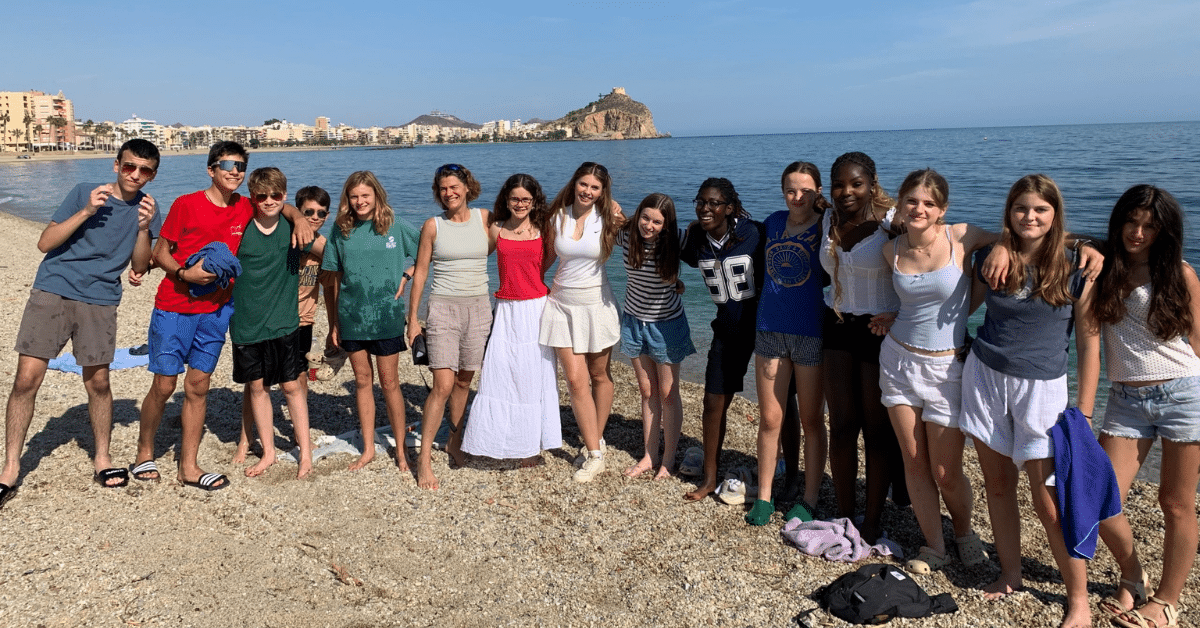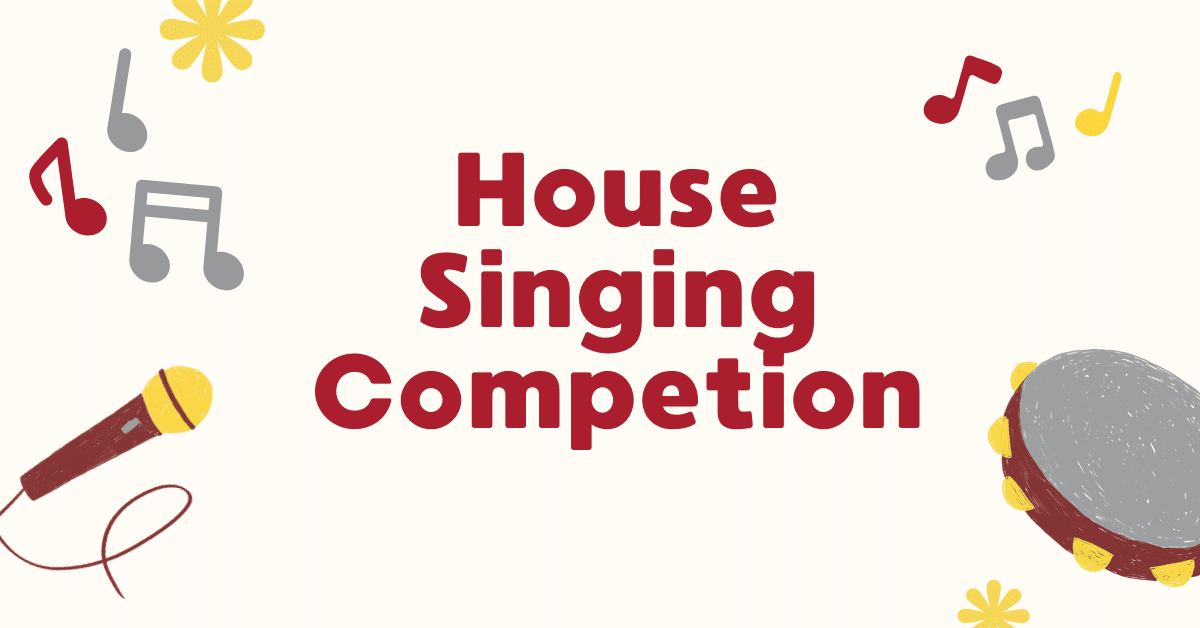 https://heritagewebsite.s3.eu-west-2.amazonaws.com/House-Singing-Comp-2026-Featured-Image-1200-x-628-px.png
628
1200
admin
https://heritagewebsite.s3.eu-west-2.amazonaws.com/heritage-school-logo1-1.png
admin2026-03-02 14:58:242026-03-02 16:35:10Success for Yellow in Heritage’s Inaugural House Singing Competition
https://heritagewebsite.s3.eu-west-2.amazonaws.com/House-Singing-Comp-2026-Featured-Image-1200-x-628-px.png
628
1200
admin
https://heritagewebsite.s3.eu-west-2.amazonaws.com/heritage-school-logo1-1.png
admin2026-03-02 14:58:242026-03-02 16:35:10Success for Yellow in Heritage’s Inaugural House Singing CompetitionThe enjoyment of nature and books
are two of our highest priorities.
Our Priorities
Every school holds particular values and priorities in a unique balance, thus creating a distinctive culture. The following priorities shape teaching and learning at Heritage.
A knowledge-rich curriculum
Children are naturally hungry for knowledge. Our curriculum, therefore, aspires to be intellectually stimulating, delivering substantial content across every subject area. The breadth of a curriculum is important, because by age 16 young people should have developed many interests and competencies. This is what it means to be well educated, and it is the basis of intelligent citizenship. We prioritise ‘classics’, material that has proven itself over time and that exposes pupils to some of the main strands of our western cultural inheritance.
The purpose of such a curriculum is to help a pupil establish relationships with as many enriching activities and fields of knowledge as possible: with nature, with history, with great literature, art, music, and so on. Why does this matter? Because as we do this, we grow as people. We understand ourselves better. We reach out of ourselves and appreciate more about others and the world around us. We develop the skills, understanding and insight that can help us live well and be meaningful contributors to society.
Self-education
Personal growth only takes place when a child engages for himself or herself; it cannot be forced. Assimilation and internalisation of knowledge requires a pupil to be proactive; the resistant or passive person learns nothing. This means that ‘teaching to the test’ or ‘spoon feeding’ is a short-sighted distortion of real education, because it fosters dependence rather than the independence of thought and action that is a hallmark of a mature person.
We place a high priority upon each child assuming increasing ownership for his or her own learning. We do not make use of merit systems. Instead, we simply get on with teaching and learning, allowing a stimulating curriculum to serve as its own reward. The importance of self-education also has implications for the teacher’s role. He or she is not the showman, or the fount of knowledge, but a mentor or guide whose role is to help pupils engage with the curriculum for themselves. It is the content which satisfies.
The importance of books
We consider it essential for every child to enjoy books, whole books (not just extracts) – and lots of them. Why? Because the most careful thinking the world possesses is found in books, and books are the best tool for self-education in adult life. We consider it essential that a child develop the patience to engage with a sustained argument or narrative, if he or she would become a careful thinker. Our digital age, by contrast, is characterised by distraction. Universities are increasingly commenting upon their students’ limited attention spans and inability to read whole books. Pupils who are brought up in a culture that prizes books and who are confident and capable readers will stand out. We give Infants and Juniors a new book each year on their birthday, as a way of encouraging them gradually to build and take pride in their own library.
In June each year we have a ‘Screen Free Week’ to encourage families to think about the amount of time that is spent on screens and to make extra time for other life enhancing activities, including reading.
Attentive listening
Another unique emphasis at Heritage is upon what we call narration, which we make particular use of in our Infant and Junior Schools. The idea is that a teacher reads aloud from an engaging text, such as a narrative history, a Bible story, a
biography, or from their literature text. Pupils are then invited to retell orally, point by point, what was just read aloud, having heard it only once. As pupils get older, they will often write their own narrations.
Picture Study uses similar skills. It involves looking with concentrated attention at a reproduction of a great painting. The painting is then turned over and its details are described from memory. In this way children will get to know many great artists – one each term – which greatly increases their pleasure when they see the original, at the Fitzwilliam Museum or at a museum in London for example.
The primary purpose of narration is to encourage the habit of attentive listening. Verbalising what was heard makes the knowledge ‘stick’ and encourages discussion. It also encourages effective, organised writing. The efficiency of this method is another important advantage: it helps us deliver lessons that are short and to the point, which is a key to enjoyment in learning.
Enjoyment of nature
At Heritage our Infants and Juniors go on Nature Walks every week or fortnight. They take place occasionally in Years 7 and 8. Their purpose is to encourage detailed observation and identification of ‘ordinary’ natural phenomena such as local wildlife, flowers, plants and trees. We hope our pupils will be attentive to nature and its wonders, an endless source of fascination and pleasure. Detailed interest and close observation are also a key skills in Science.
Students keep a Nature Notebook where what was observed is identified and painted using water colours. Nature Study encourages children to have ‘seeing eyes’. Charlotte Mason wrote: ‘Eyes and No Eyes go for a walk. No Eyes comes home bored. He has seen nothing, been interested in nothing, while Eyes is all agog to discuss a hundred things that interest him.’
Latest News
 https://heritagewebsite.s3.eu-west-2.amazonaws.com/House-Singing-Comp-2026-Featured-Image-1200-x-628-px.png
628
1200
admin
https://heritagewebsite.s3.eu-west-2.amazonaws.com/heritage-school-logo1-1.png
admin2026-03-02 14:58:242026-03-02 16:35:10Success for Yellow in Heritage’s Inaugural House Singing Competition
https://heritagewebsite.s3.eu-west-2.amazonaws.com/House-Singing-Comp-2026-Featured-Image-1200-x-628-px.png
628
1200
admin
https://heritagewebsite.s3.eu-west-2.amazonaws.com/heritage-school-logo1-1.png
admin2026-03-02 14:58:242026-03-02 16:35:10Success for Yellow in Heritage’s Inaugural House Singing Competition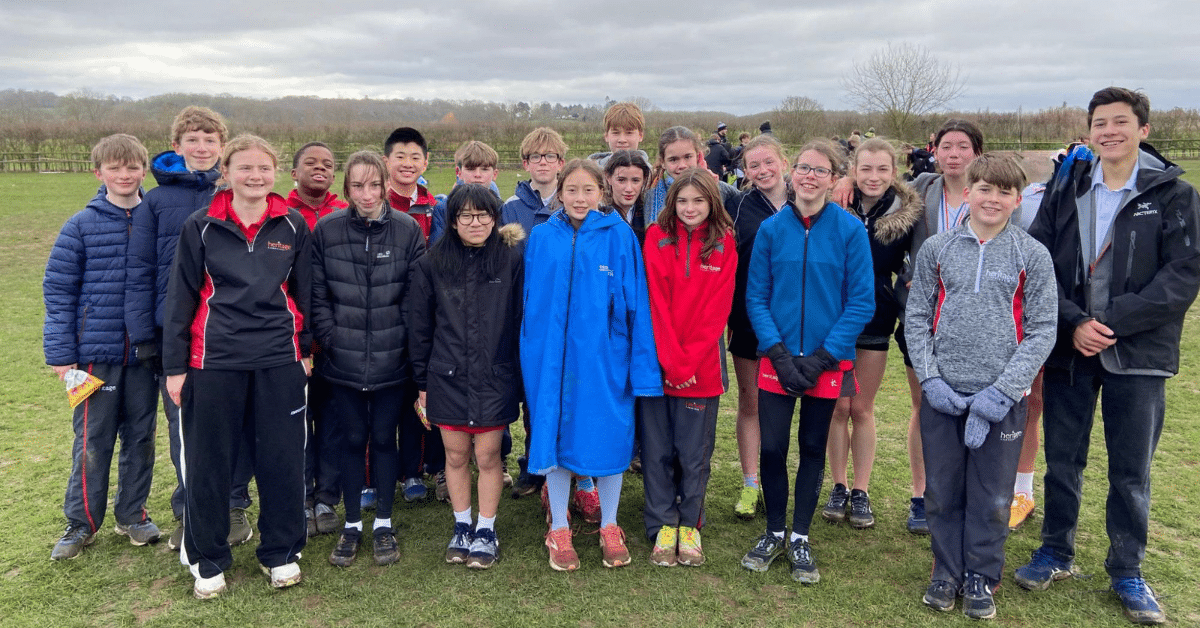
ISA Regionals Cross Country 2026 Report
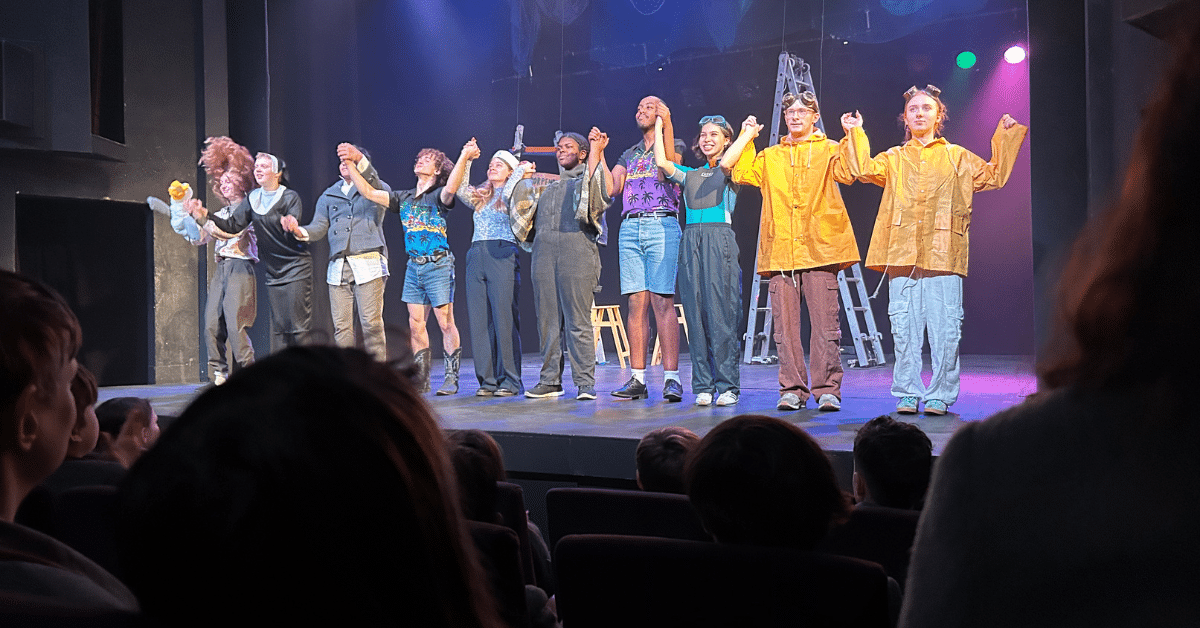
Heritage Pupils Experience Shakespeare Live at the ADC Theatre

Heritage School Flags Reach Bird Island with the British Antarctic Survey
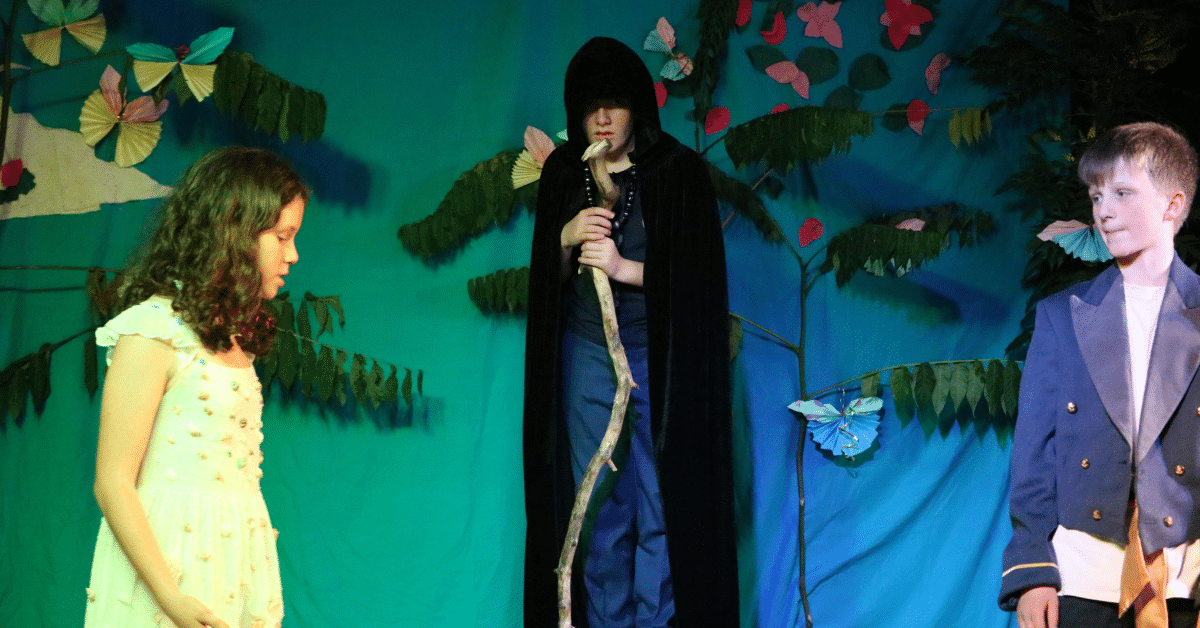
Year 8 Perform Shakespeare’s The Tempest
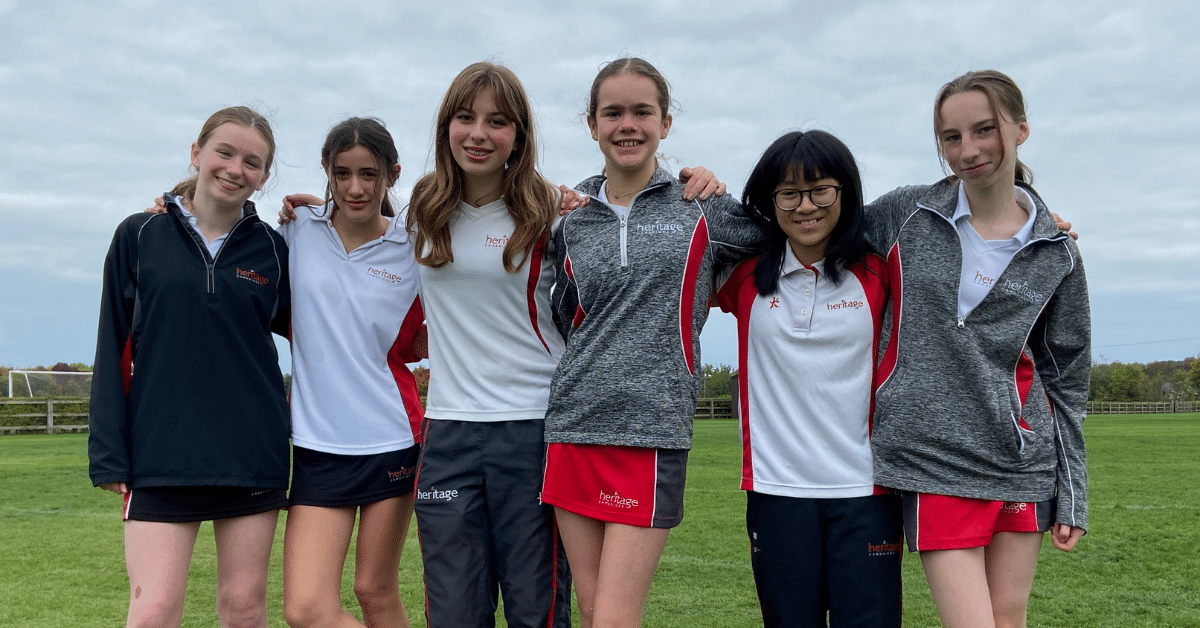
Heritage Cross Country Teams Compete in English Schools Cup

Heritage Team Prize Winners in a National Fungi Competition
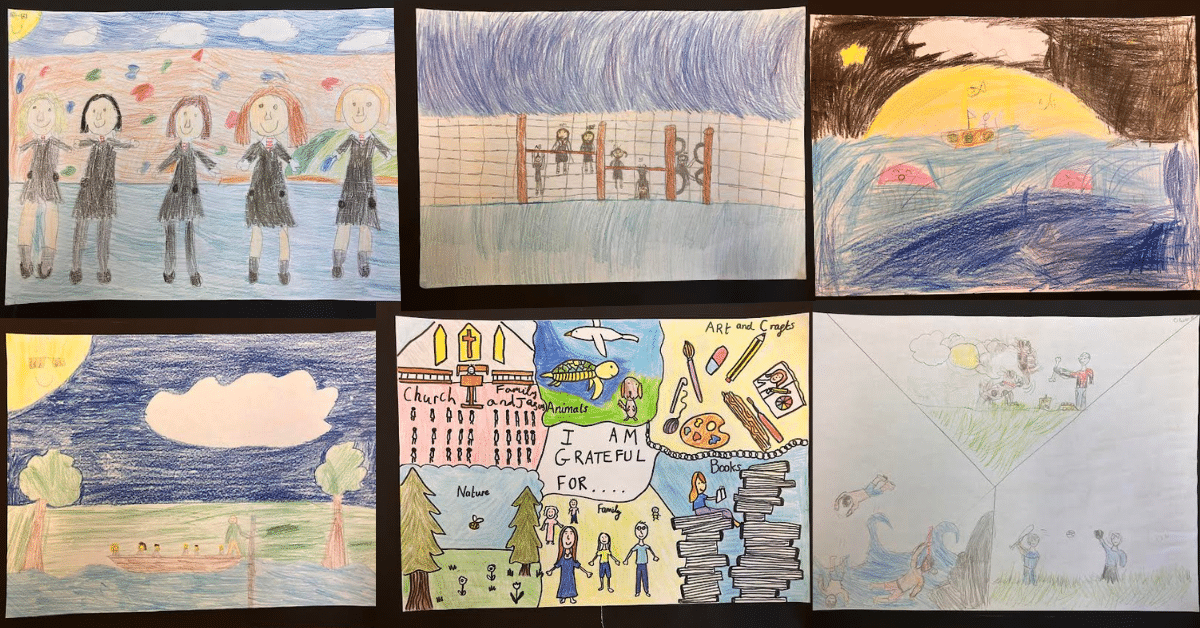
Year 4 Class Assembly: The Gratitude Garden
